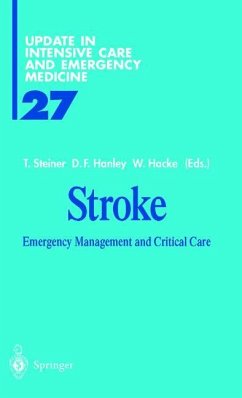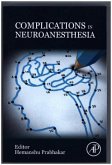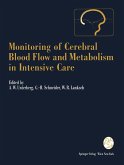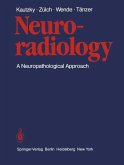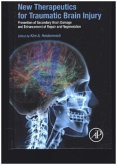The manuscripts in this book were generated from a conference occurring at the University of Heidelberg in September 1996. These manuscripts have been reviewed and updated by the designated authors in late 1997 for publication in early 1998. Conferences occur for a variety of reasons. These include the need to exchange information where complex activities are undergoing reassessment or change. For the emergency and critical care man agement of stroke this is certainly the situation. Today, both the pri mary care and the neurologic physician must provide medical care in an environment where daily change in the knowledge base of: brain function, disease mechanism(s), therapeutic efficacy, and cost control are all occurring. In addition, patient advocacy has become increasingly complex because government, employers, insurers, health care providers as well as families all desire a voice in the phy sician relationship with the patient. Our conference subject was the organization of rapid care delivery and the development of a ration al basis for treatment of a previously untreatable disorder acute stroke. Thus, the obvious need for multiple open and free discus sions about priority setting and modification of current treatment plans. Clearly, the face to face opportunities provided by this first conference on Emergency Management And Critical Care Of Stroke (EMACCOS) are required when patient care issues are as complex as these. Neuroscience is new to the experience of active therapeutic inter vention.
Bitte wählen Sie Ihr Anliegen aus.
Rechnungen
Retourenschein anfordern
Bestellstatus
Storno

